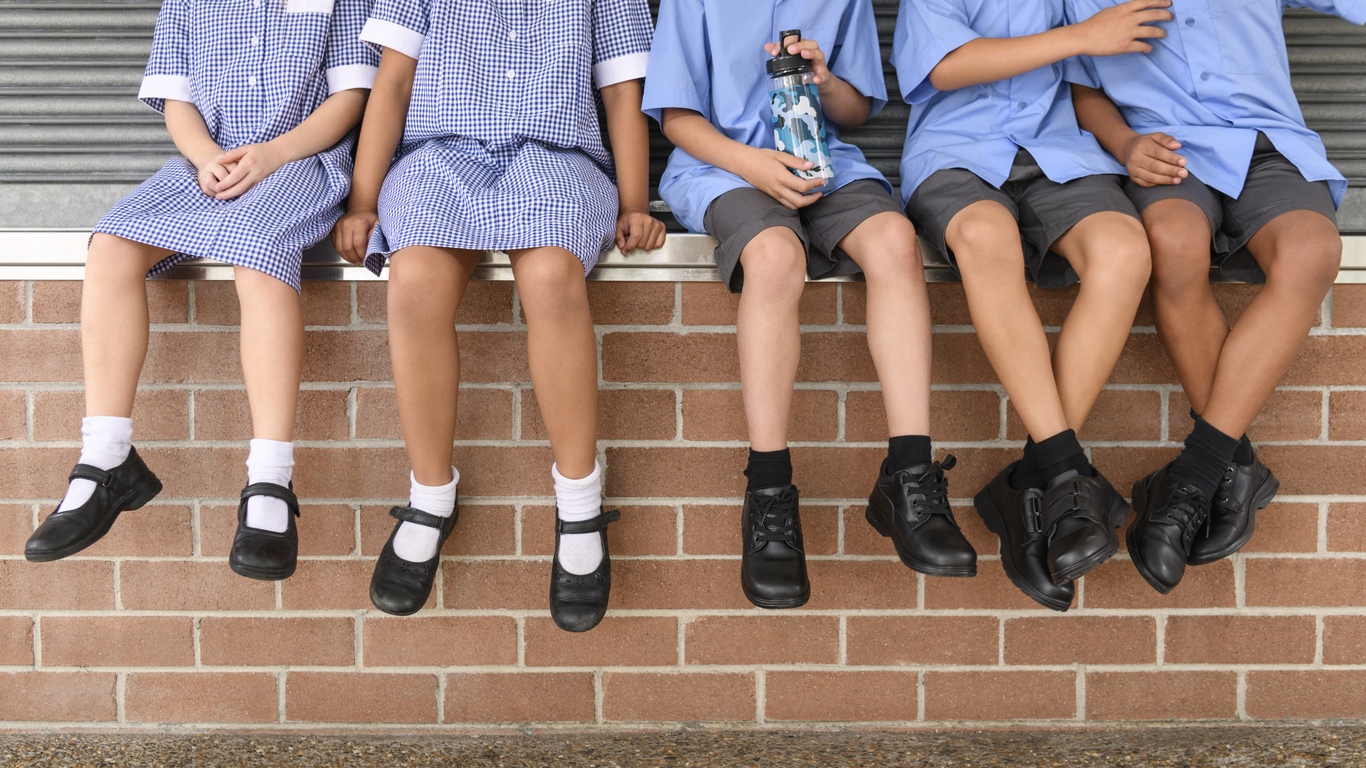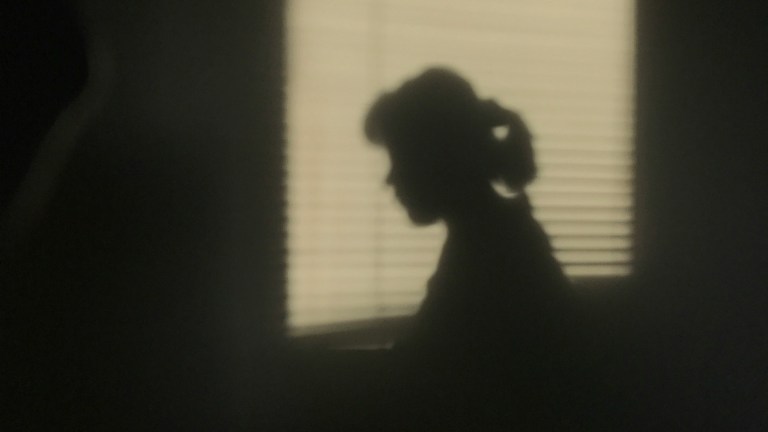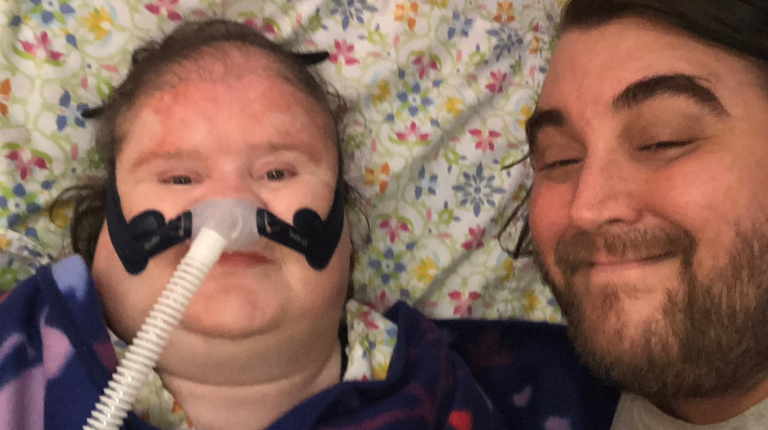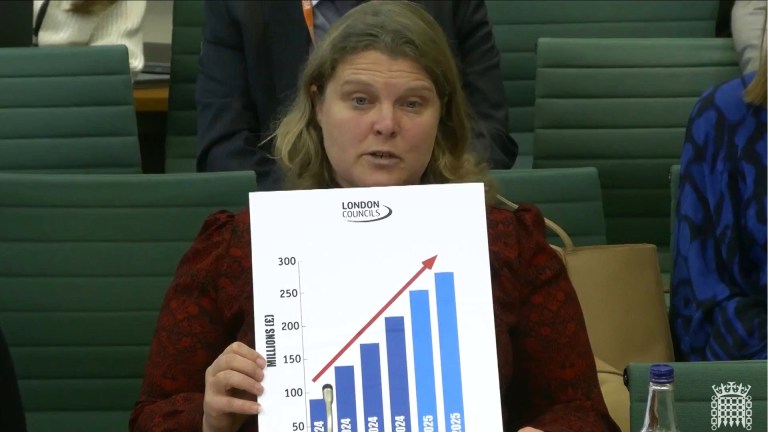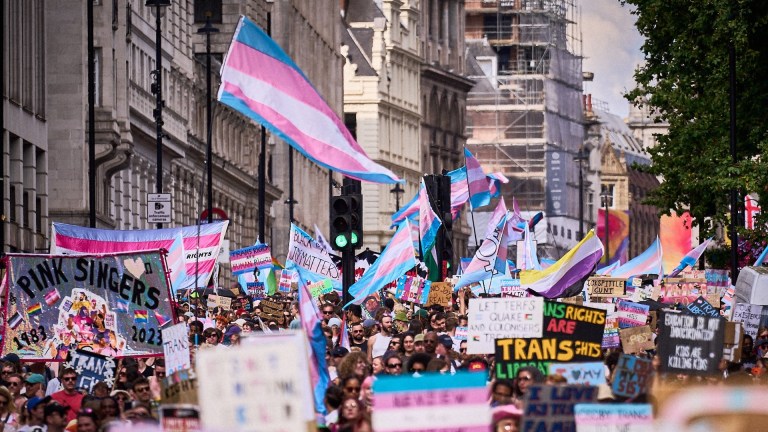“It is clear that additional support needs to be targeted at disadvantaged pupils and schools from areas of high deprivation – something that is encouragingly happening through schemes such as the national tutoring programme – although there are questions about whether the scale will be sufficient to meet the high demand for those requiring intensive support.”
This means that secondary schools already struggling for cash could face extra costs of up to £700,000 to support pupils as well as preparing for potential local lockdowns.
And there are growing concerns for pupils with special educational needs and disabilities (SEND), as new figures suggest that around 20,000 are at risk of being left behind by the school system.
It’s expected that roughly 14 per cent of SEND children will not return to schools this month, and those that do will likely have to go without the full support they are legally entitled to.
Special schools face different challenges to mainstream schools but teachers and parents feel the pupils have been “forgotten about” by the Government.
Nearly all (98 per cent) of special school and unit leaders think they have pupils who will find adhering to safe practice and social distancing from adults particularly challenging.
The study, backed by the NFER and the Nuffield Foundation, heard from headteachers at more than 200 schools and colleges who said Government guidance had been unclear and showed a lack of understanding of how the type of support their pupils need.
Many said their children’s reliance on other services like health and social care, transport and local charities had been forgotten by those in charge and were concerned they could no offer the vital activities they once did like using sensory rooms and hydrotherapy pools.
Amy Skipp, director of ASK Research who led the project, said: “From the moment the announcement about school closures was made, the Government has got it wrong for these schools and the highly vulnerable pupils and families they support. Heads and parents told us repeatedly how they felt forgotten about.
“Messages from government and the issued guidance have been so confused for children with special needs that headteachers have faced an impossible situation over the last few months, which will culminate in tens of thousands of our most vulnerable children and young people not accessing the vital support they rely on from special schools. Parents should not be being asked to choose between their child’s health and their education.
“Many special schools have shown amazing innovation and commitment during lockdown with staff going above and beyond to help these families. Government should learn from what has worked, and reflect this level of commitment by acting now, making specific guidance for these settings and providing the additional resources they will need.”
